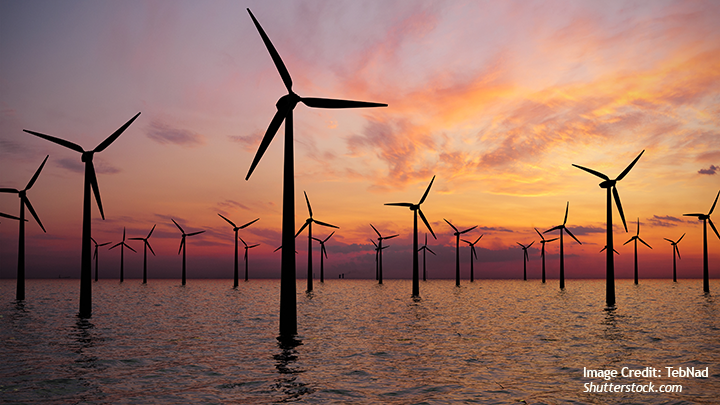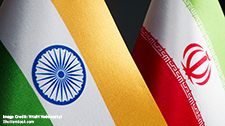Renewable Energy and Climate Action: The Future of Japan and Sweden Cooperation

Lars Vargö, Eerishika Pankaj, Ashok Swain, Avi Jakhmola, Maria Pettersson, Kobayashi Hajime, Komatsu Masayuki, Michael Evan Goodsite, Volker Hessel, Paula Angerstein, Sandra Cassotta, Svetlana Sabelfeld, Merlin Linehan, Ramu C.M, Dhanasree Jayaram, Takashi Sekiyama, Ashis Basu, Jeremy Maxie, Tatsuo Shikata, Niklas Swanström and Jagannath Panda
This joint publication of the Institute for Security and Development Policy (ISDP) and Kajima Institute of International Peace (KIIP) in Tokyo covers a solution-oriented approach to Climate Challenges that both Japan and EU/Sweden confront at large. This study covers many critical areas such as renewable energy, climate practices and the role of technology to mitigate climate challenges. Additionally, this Special Paper analyses the Climate change mitigation efforts which may lead to conflicts among countries. Russia’s invasion of Ukraine and the resulting energy crisis have strongly reminded the world of this point. In particular, (1) the reduced dependence on fossil fuels and the spread of renewable energy sources, (2) the monopoly of rare metals and rare earths, and (3) nationalistic green industrial policies are likely to have a significant impact on the global geopolitical power structure. If some countries use climate change as an excuse to push through nationalism, it may even lead to military conflicts, another serious tragedy to this planet. National leaders should clearly recognize that climate change actions and international peace could be mutually contradictory goals. Japan and the EU/Sweden should work together to systematically analyze the situation and stand up to the new challenge.
Related Publications
-
ISDP Annual Report 2023
ISDP’s Annual Report for the year 2023. We look back on 2023, a year in which tensions and conflicts captured the strategic space in ISDP’s focus areas, making headlines around […]
-
Navigating the Indo-Pacific: How Australia and the EU Can Partner for Peace, Stability, and Prosperity
To navigate the choppy waters of the Indo-Pacific, the EU and Australia must be on the same wavelength regarding shared interests in rules, values, and an open and liberal economic […]
-
Japan: No Indo-Pacific Order Without International Order
In April, Japanese Prime Minister Kishida Fumio, in his address to the joint meeting of the U.S. Congress, made the case for a stronger “global partnership” with the United States as part […]
-
Japan’s Energy Security in the Persian Gulf: Caught Between New and Old Challenges
The goal of this paper is to investigate the evolution of Japan’s energy strategy in the Persian Gulf and understand how intra-Asian competition for business opportunities in the region can […]
-
India’s Position in Iran’s ‘Look to the East’ policy
Ebrahim Raisi’s administration has prioritized its ‘Look to the East’ policy. Although the focus is on Russia and China, India also has a special place in this policy. Iran and […]




